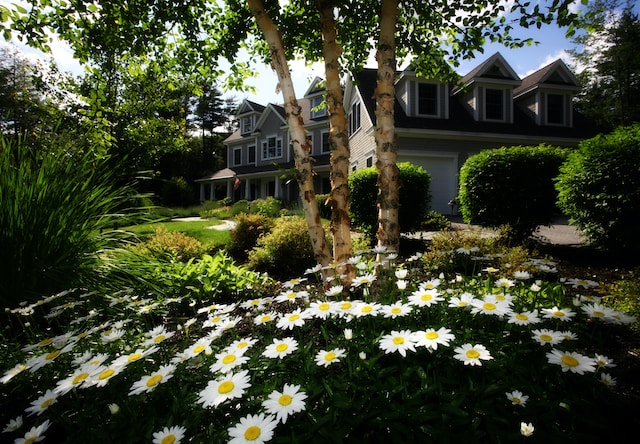Gardening is not only a rewarding hobby but also a great way to contribute to a more sustainable lifestyle. Whether you have a spacious backyard or a small balcony, you can create a sustainable garden that benefits both you and the environment. Here are 10 simple tips to help first-time gardeners embark on their sustainable
Gardening is not only a rewarding hobby but also a great way to contribute to a more sustainable lifestyle. Whether you have a spacious backyard or a small balcony, you can create a sustainable garden that benefits both you and the environment. Here are 10 simple tips to help first-time gardeners embark on their sustainable gardening journey:
1. Start with native plants: Native plants are well-adapted to the local climate and require less water, fertilizer, and pesticides. They also provide habitat for local wildlife. Research the native plants in your area and incorporate them into your garden.
2. Compost your kitchen scraps: Instead of throwing away your kitchen scraps, start composting them. Composting not only reduces waste but also creates nutrient-rich soil for your garden. You can compost fruit and vegetable peels, coffee grounds, eggshells, and yard waste.
3. Use organic fertilizers: Avoid synthetic fertilizers that can harm the environment and opt for organic alternatives. Organic fertilizers, such as compost, manure, and bone meal, provide nutrients to your plants without introducing harmful chemicals into the soil.
4. Practice water conservation: Water is a precious resource, so it’s important to use it wisely in the garden. Install a rain barrel to collect rainwater for watering your plants. Water your garden in the early morning or late evening to minimize evaporation. Use mulch to retain moisture in the soil and reduce the need for frequent watering.
5. Embrace companion planting: Companion planting involves growing different plants together that benefit each other. For example, planting marigolds alongside tomatoes can help repel pests. Research companion planting combinations to maximize the health and productivity of your garden.
6. Attract beneficial insects: Encourage beneficial insects, such as ladybugs and bees, to visit your garden by planting flowers that attract them. These insects help pollinate your plants and control pests naturally, reducing the need for chemical pesticides.
7. Practice integrated pest management: Instead of relying on chemical pesticides, adopt an integrated pest management (IPM) approach. IPM involves monitoring your plants for pests, using physical barriers, and introducing natural predators to control pest populations.
8. Save seeds: Save seeds from your plants to grow new ones in the following seasons. This not only saves money but also promotes biodiversity and preserves heirloom varieties. Make sure to properly dry and store the seeds for future use.
9. Use organic pest control methods: If you do encounter pest problems in your garden, opt for organic pest control methods. This can include using insecticidal soaps, neem oil, or homemade remedies like garlic spray or vinegar solutions.
10. Practice crop rotation: Crop rotation is the practice of changing the location of crops each season to prevent the buildup of pests and diseases. By rotating your crops, you can maintain soil health and reduce the need for chemical interventions.
By following these 10 simple sustainable gardening tips, first-time gardeners can create a thriving garden while minimizing their impact on the environment. Remember, gardening is a continuous learning process, so don’t be afraid to experiment and adapt your practices as you gain experience. Happy gardening!

















Leave a Comment
Your email address will not be published. Required fields are marked with *